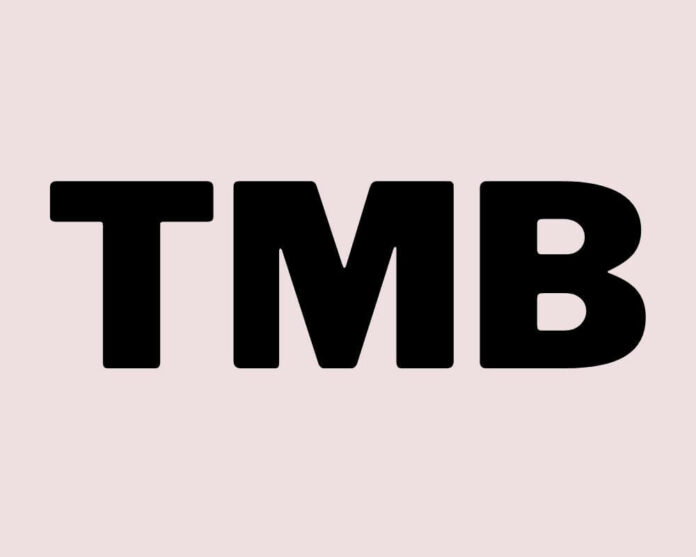If you’re an avid texter, chances are you’ve come across the acronym “TMB” in your conversations. It’s a commonly used term in texting and social media including TikTok, Instagram, and Snapchat. But what does it mean? This article will delve deeper into the meaning of TMB, its usage, variations, and history.
What does TMB mean in texting?
TMB stands for “Text Me Back” and social media users use it as a request or reminder for someone to respond to a message. Some users use it as a polite way to end a conversation, indicating that the sender expects a response before closing the communication. For example:
Sarah: Hey, what time do you want to meet up tomorrow?
Niko: I’m free anytime after 3 pm. TMB with your preferred time.
In this scenario, Niko politely requests Sarah to text them back with their preferred meeting time. Similarly, TMB can also be used when ending a conversation on a positive note:
Matteo: Thank you so much for helping me out today.
Sanel: No problem! Glad I could help 🙂 TMB tomorrow!
Here, Sanel expresses their willingness to continue the conversation and maintain communication using TMB.
What is the history of TMB?
The history and origin of TMB are deeply intertwined with the rise of texting as a form of communication. Before texting became popular, people primarily communicated through phone calls and emails. However, with the introduction of mobile phones in the late 1990s and early 2000s, texting gained popularity as a quick and convenient way to communicate.
The acronym TMB first emerged in the early days of text messaging when character limits were restricted to 160 characters per message. This meant that abbreviations and acronyms were necessary to convey messages concisely. As people began using more text lingo, TMB became a common phrase used when ending a conversation or requesting a response from someone.
Some sources claim that TMB originated on online forums and chat rooms before making its way into text messaging. Others believe it was created by teenagers who wanted to come up with a code to use while talking on the phone without their parents understanding them.
Common usage and variations
- Requesting a response: As we mentioned, the primary meaning of TMB is to request a response from the recipient.
- Expressing impatience: TMB can also express frustration or impatience with someone who has not responded to your previous messages. It is a gentle reminder to await their reply without sounding too demanding or rude.
- Inquiring about availability: Another common use of TMB is to ask if the recipient can chat or meet up. This can be done by simply sending “TMB?” and waiting for their response before making plans.
- Showing interest or excitement: Sometimes, people use TMB in a flirty manner to show interest in someone they are chatting with. It can also express excitement about meeting someone or receiving good news.
11 most common text abbreviations
In addition to TMB, there are several other popular texting slang words that have emerged in recent years. These terms often originate from social media platforms and quickly become integrated into everyday texting conversations. Here are some of the most commonly used abbreviations:
- LOL: This term means “laugh out loud” and expresses amusement or laughter in a conversation.
- BRB: Short for “be right back,” this term is used when someone needs to step away from the conversation or activity briefly.
- SMH: An abbreviation for “shaking my head,” this phrase is often used to express disappointment, disbelief, or frustration.
- AF: This acronym stands for “as f**k” and is generally used as an intensifier to emphasize something.
- YOLO: “you only live once,” this phrase became popularized by Drake’s song of the same name and is often used to justify impulsive or risky behavior.
- BAE: Short for “before anyone else,” this term has evolved to mean a romantic partner or loved one.
- FOMO: means “fear of missing out,” it describes the anxiety people feel when they think they are missing out on exciting events or experiences.
- GOAT: Stands for “greatest of all time” and people use it to describe someone or something that is highly skilled or accomplished.
- HMU: Short for “hit me up,” this word is a request for someone to contact or get in touch with the speaker.
- HN: HN stands for “hell no”, used to express strong disagreement or refusal.
- OFC: Short for “of course,” this phrase expresses agreement or understanding.
Conclusion
This comprehensive guide explored the world of TMB textual slang and its meanings. From abbreviations and acronyms to emojis, a wide range of expressions are used in text conversations. Although it may seem intimidating to some, adopting this form of communication is important because it allows you to communicate with others in a more informal and intimate way.
